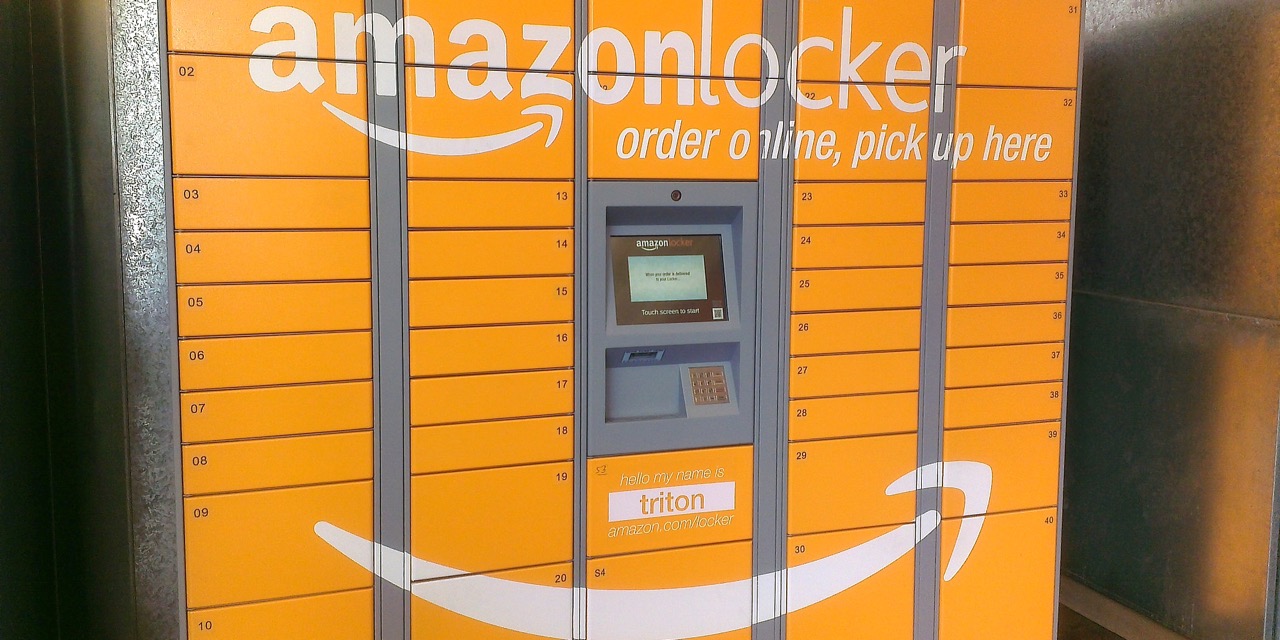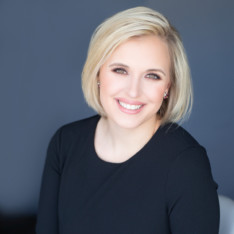Consumers Can’t Wait for Amazon to Get Into Cryptocurrency, Legal Weed
Everybody knows and trusts Amazon. But that isn’t something that happened overnight. Instead, it was the product of years of dedication to making shopping more convenient. In the end, the hard work paid off.
According to an Investing.com report, Amazon users are more than ready to purchase and consume products such as medical marijuana carrying the company’s name. But that’s not all. The site learned that of the 1,013 Amazon users it polled, 36.7 percent said they would be comfortable purchasing Amazon-branded prescription drugs while 16 percent said they would use a virtual doctor-visit service from Amazon.
In addition, 29.5 percent of the users said they would go for Amazon-branded medical marijuana while 12.7 percent said they would buy cryptocurrencies from the site if available.
Over 72 percent of respondents also said they would purchase an Amazon-branded computer.
As you can tell, consumers are so comfortable with the brand that the most “hypothetically anticipated” Amazon products are items that require consumer trust, such as computers, marijuana, health care, and prescription drugs. If anything, this goes to show people associate Amazon with quality, affordability, and trust. And while the firm has absolutely no experience in these fields, except for selling electronics, consumers are willing to overlook that detail because of the brand’s long-standing service in other fields. Quite an accomplishment.
But how close is Amazon to offering the products consumers are so eager to purchase? According to experts, not that close.
While the Seattle-based firm has already ventured into the private-labels business with the Lark & Ro fashion brand and the Mama Bear baby-product line, the company is picky about adding more brands. The growth, experts suggest, is very slow because Amazon doesn’t add its name to just anything. As a matter of fact, an Edge by Ascential report suggests that if Amazon grows its private label, it will not happen in 2019.
“Amazon is more likely to continue in its slow build, introducing new products carefully, backed up by plenty of data and research and always willing to experiment with new strategies and change when something isn’t working,” the report explained.
“Rather aggressively taking on the competition, Amazon’s private labels and exclusive brands will sneak up on us, growing organically and finding their way into the minds and carts of consumers.”
Perhaps it’s in Amazon’s best interest to wait it out, allowing time to make consumers even more eager for what the company has in store. The anticipation itself could become the firm’s most powerful marketing tool — especially considering Investing.com’s survey and its findings.
Could Amazon Push Certain Industries to Become Better?
Whether Amazon is ready to expand its private-brand game or not, it’s important to note that its involvement with certain industries could lead to better quality and affordability across the board. That’s because Amazon would bring in very tough competition to the scene, pushing health care executives, electronics manufacturers, and even legal-weed brands to up their game or risk losing their consumers.
As pointed out by the media before, “It’s an Amazon world. We just live in it.” And as the firm expands its footprint into the brick-and-mortar realm with its acquisition of Whole Foods, it’s hard to see Jeff Bezos’ creation losing the trust it has built among its customers. Still, its dominance isn’t a guarantee. And after many controversies, it’s clear that not everyone is 100 percent on board with giving the company all their money.
Now that we all know the business model works and consumers are ready for more, there’s no reason to downplay the possibility that others will be able to follow in Amazon’s footsteps and put up some fierce competition.










